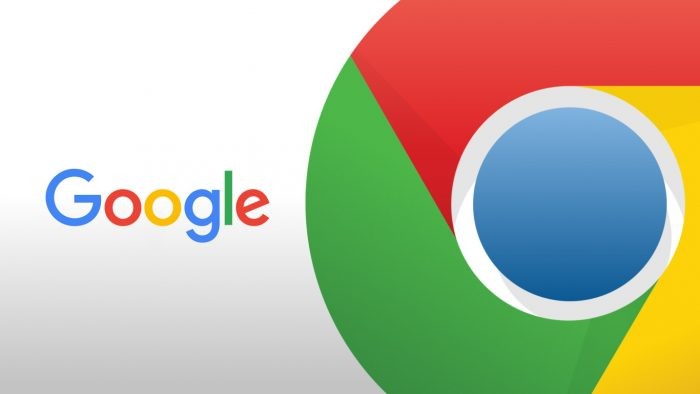
Chrome 69 to Discontinue Secure Label for URLs in September
- In an upcoming update to the Google Chrome browser, the app will remove the ‘Secure’ label for safe URLs.
- The web browser will focus on highlighting unsafe URLs instead.
- The negative security will highlight unsafe websites more prominently to warn users of potential risks.
In upcoming versions of Google Chrome, security indicators for safe websites will be removed. All websites that are HTTPS websites will no longer show the green ‘Secure’ text and icon. Instead, unsafe websites will be highlighted more prominently by the app from September.
The changes will be implemented in Chrome 69. Google mentioned that it wants the default state for all websites to be secure, making it redundant for the app to highlight safe websites. All HTTP websites will be marked ‘Not Secure’ starting from October with a gray icon. Typing on such websites will make the icon glow red to warn users. The warnings have evolved from Google’s previous warning alerts that were heavily intrusive.
Image Courtesy of YellowObjects
Emily Schechter, who is the Chrome Security Product Manager at Google announced that the new Google Chrome 69 is part of a bigger plan to make Google feel more secure over the coming months. Over the years Google has rolled out many updates that have changed how warnings are shown to users. The upcoming feature will track user activity on HTTP websites and warn them about putting in any sensitive information. According to Google analytics, more than 50% of the internet is encrypted by HTTPS technology, which makes browsing safer than ever but internet security is not quite there yet.
Currently, Chrome is on version 65 which came out earlier this month with a bunch of new features. The update brought in privacy policy changes that reaffirm to GDPR guidelines which are set to go into effect soon. It also addressed vulnerabilities that hackers could use to exploit the browser and get access to sensitive information. When the update comes out, Chrome should automatically update itself. If you do not update Chrome within seven days from the release of an update, there will be a red icon notifying you to update the app to get access to the latest security updates.








